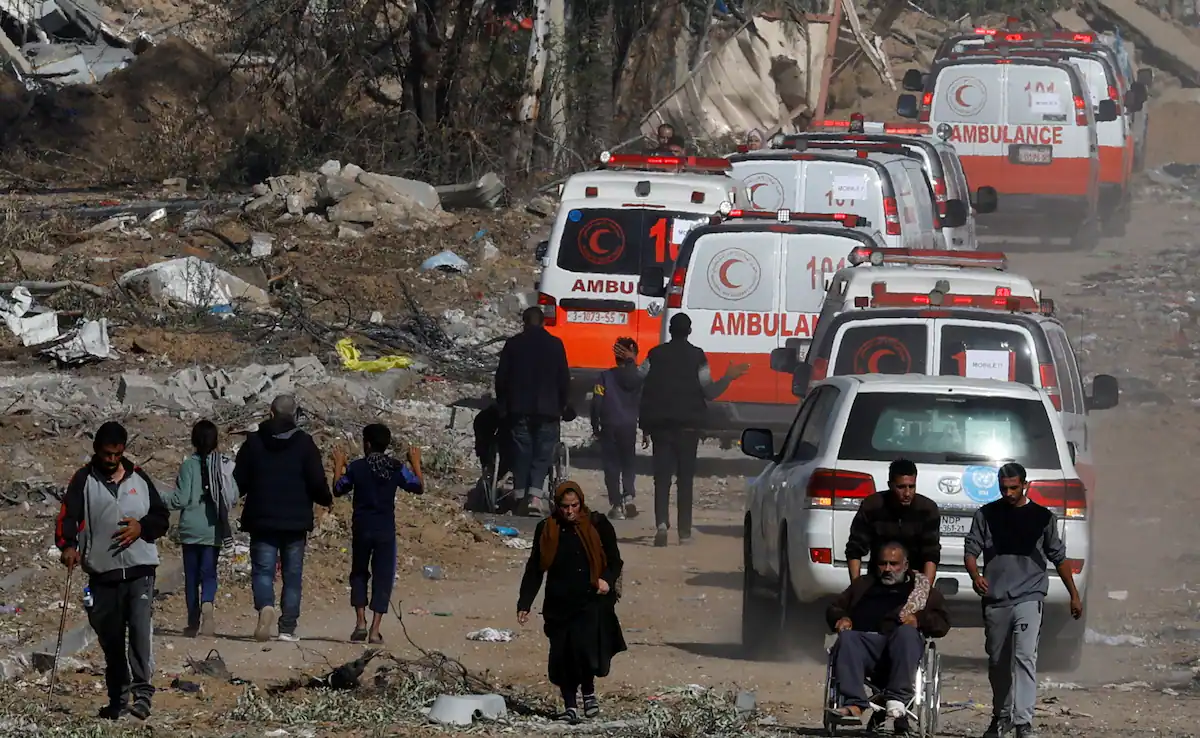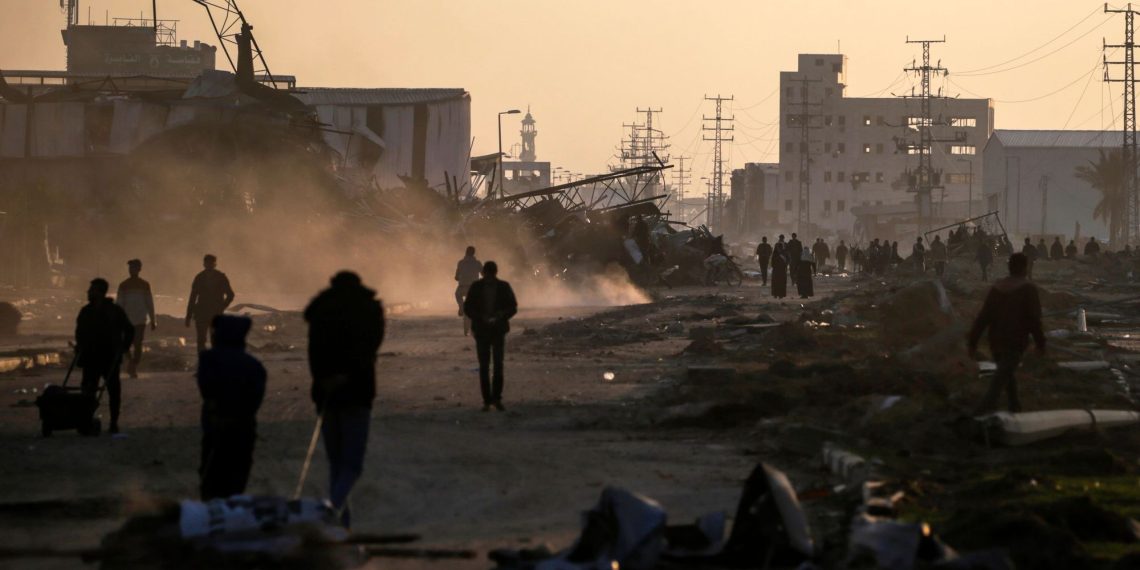In Paris, negotiators have achieved a broad framework for a hostage release and a potential ceasefire between Israel and Hamas, a significant development in the ongoing conflict. The framework, although possessing a basic structure, is faced with the intricate challenge of working out detailed conditions. Notably, Israel’s prime minister’s office has expressed reservations about certain aspects it deems unacceptable.
The proposed plan outlines a phased release of civilian hostages over a six-week period, involving the release of three Palestinian prisoners for each civilian hostage returned from Gaza. This ratio is expected to be adjusted for Israel Defense Forces (IDF) soldiers, and the overall duration of the pause could extend beyond the initial six weeks for subsequent phases. The framework is a composite of proposals from Israel, Hamas, Qatar, Egypt, and the U.S., reflecting collaborative efforts to address the complex issues at hand.
U.S. Secretary of State Antony Blinken, while considering the proposal compelling, emphasized that the ball is now in Hamas’s court to make crucial decisions. This development is part of a broader effort to build on previous agreements and establish a foundation for progress in resolving the Israel-Hamas conflict.
The talks involved a blend of proposals from both Israel and Hamas, with the Qatari prime minister describing the emerging framework as a combination of ideas put forth by the conflicting parties. While acknowledging progress, negotiators anticipate challenges and obstacles moving forward.

The importance of this breakthrough cannot be overstated, given the heightened tensions in the region. The Israel-Hamas conflict has been marked by ongoing hostilities, making the negotiation of a ceasefire and the release of hostages a critical step toward easing tensions and fostering stability in the region.
As the negotiators continue their efforts, the hope is that this framework will lead to a comprehensive resolution, providing relief to those affected by the conflict and contributing to a sustained cessation of hostilities.





